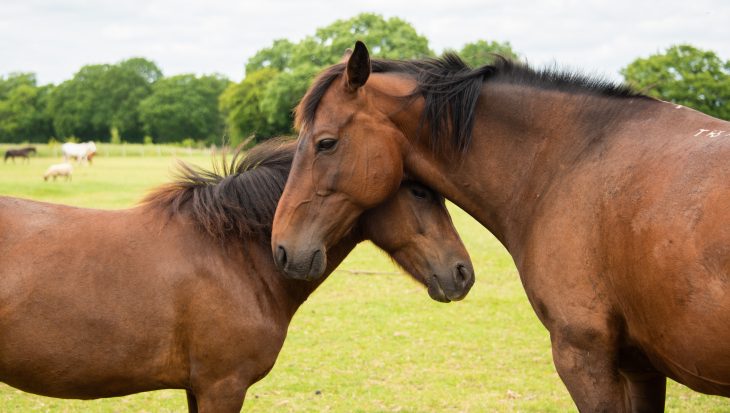Today’s Daily Express includes an article about a potential treatment for Alzheimer’s. In an unusually detailed account, it talks about mice ‘which [sic] had been injected with beta-amyloid, the toxic protein that is a hallmark of Alzheimer’s. One group were given the new drug, others had a placebo. The mice were encouraged to swim through a water maze and shown where to find a resting platform. To test their memory, they were then placed elsewhere in the maze and tested for their ability to remember the location of the platform.’
Animal Aid detailed these exact water maze experiments – funded by the Alzheimer’s Society – in its report on the suffering of GM mice, Science Corrupted (published in February). ‘Encouraged to swim’ and ‘shown where to find a resting platform’, as the journalist describes it, could seem fairly innocuous. But mice are strictly terrestrial animals with a natural aversion to water and a fear of drowning. The water maze tests subject them to extreme stress. Mice may be small but their capacity to suffer is as fully developed as any other mammal, human beings included. The low cultural status of mice, who are often regarded as ‘mere rodents’ or worse, ‘vermin’, does not justify their brutal treatment in research labs across Britain.
Furthermore, the constant drip of casual references to animal experiments creates a dangerous rationale in which the torment of animals for supposed scientific gain is promoted as being acceptable, and necessary.
Whenever you see a mention, please take a moment to post a comment online (please do so below today’s article), or to submit a letter to the editor, presenting the case for humane, human-based research.
The address for the Express Letters Page is expressletters@express.co.uk.

